It’s a bit amazing that Hamilton is opening in Sydney on 27 March. Only a few months ago it was anybody’s guess whether it could go ahead or the producers would just take the money and run. And this show with its rap/hip hop reconfiguration of a famous set of incidents in Independence-era America is one of the great paradigm shifts in the development of the musical, as distinctive in its way as Oklahoma! or My Fair Lady. Of course Apple lucked out and released a TV transcription of Lin-Manuel Miranda’s retelling of the story of the brilliant character who died in a duel at the hands of Aaron Burr so that we imagine we know exactly what the show is like even though a Theatre Live version can never get the tension between naturalism and artifice that is the essence of a great stage show.
But if you want an example of just how much drama television can deliver in its own right have a look at The Virtues on Stan. It’s set in Ireland and it’s the story of a guy who runs away from the orphanage in which he’s placed as a 9-year-old child, becomes an alcoholic and sees his wife take his son off to a new life in Australia. He’s grown up in Liverpool and he makes his way to Ireland where his sister lives and where he attempts to piece together the dark background to his torn and tenuous life and where he becomes tentatively involved with the feisty sister-in-law of the sister he has not seen for thirty years.
The Virtues is written by Jack Thorne and Shane Meadows. Thorne helped write Skins, the finest show about teens ever written as well as Shameless which was a dazzling serio-extravaganza about the squalor and hijinks of working (and the opposite) life in downtown, down and out, Manchester. He then wrote The Black Watch and co-authored Harry Potter and the Cursed Child, that other megalith of commercial theatre, and the script, read or seen, is in fact superior to any of J.K. Rowling’s solo efforts.
The Virtues with its crucifix figure on the T of its title is a drama of some grandeur. It captures the horrors of intimate life and the dark corridors of introspection and memory in a way that makes most British television look like a class-conscious comic strip. Stephen Graham as the main character is utterly convincing in his love of his son, his tough recourse to his impressive sister, Helen Behan, and his attraction and panic in relation to the tough young woman who wants to get in touch with the son she has adopted out, Niamh Algar.
The predominantly Irish cast act like gods with actors such as Niamh Cusack as the social worker, utterly kind and quietly discouraging. The story is about the worst things in the world but the script has an utter lilt and humour and a blarney that works not so much to mitigate as to enrich the potential tragedy which is done with a stupefying power.
The Virtues shows very potently what an out of control alcoholic can do while remaining essentially a quiet, decent man. It shows the terrible spectre of child rape (via a teenager, not a cleric) and it culminates in two confrontations which in the most engulfng way involve the distinct possibility of revenge killings. The alcoholic faces the scornful man who violated him and is now dying, the girl with the son who doesn’t want to see her, confronts the mother who destroyed his letters to her. The mother is played by Deidre Donnelly with a high Dublin grace that harrows the soul. The molester, Liam Carney, is dark beyond belief and wholly unpredictable. Television doesn’t get better than this for the simple reason that The Virtues transcends its medium and really does engender the pity and terror fabled so long ago by Aristotle. The Virtues goes for four hours and, believe it or not, is best watched in one sitting. In fact, if you can concentrate your mind to endure the starkly confronting opening you will find it difficult to stop watching. The balance between forgiveness and unassuagable outrage represented in this piece of drama takes away the breath.
Television, however much we derogate it, continues to rule our lives, just as social media, with its obvious downside, is now our fundamental medium of communication. It was ever thus and you can’t really complain.
Got something to add? Join the discussion and comment below.
Get 10 issues for just $10
Subscribe to The Spectator Australia today for the next 10 magazine issues, plus full online access, for just $10.
You might disagree with half of it, but you’ll enjoy reading all of it. Try your first month for free, then just $2 a week for the remainder of your first year.

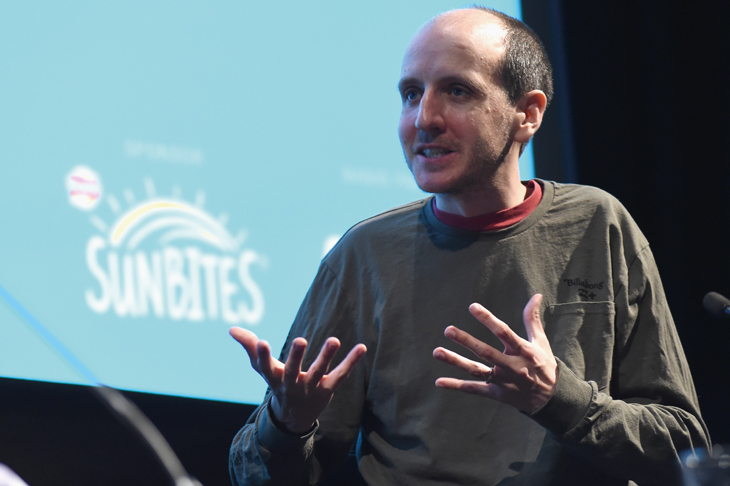
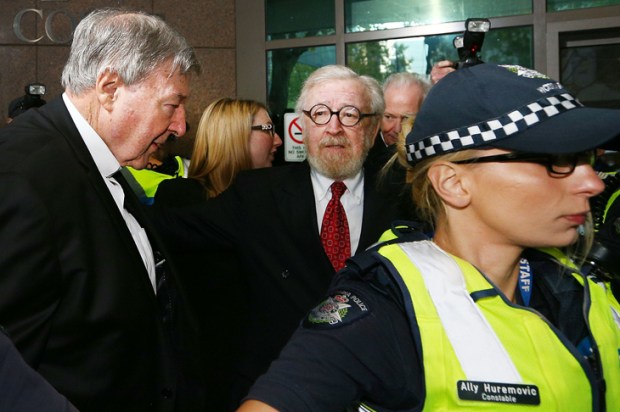

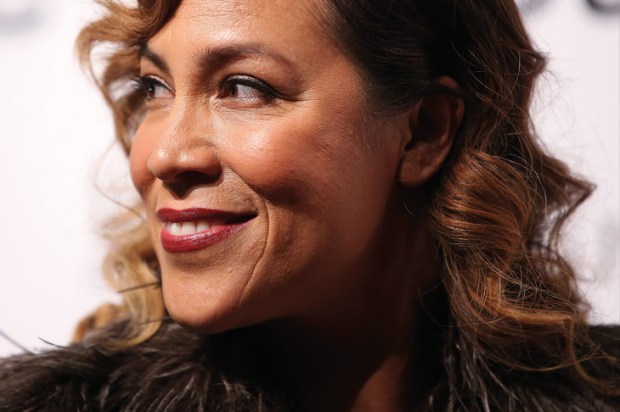
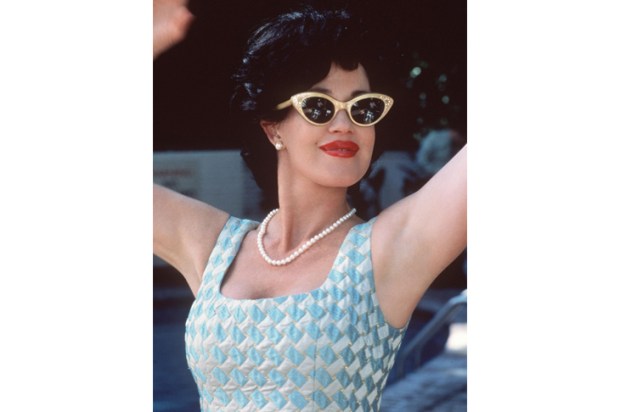
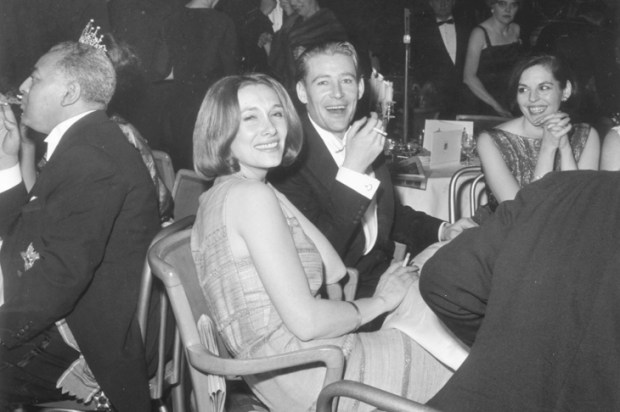
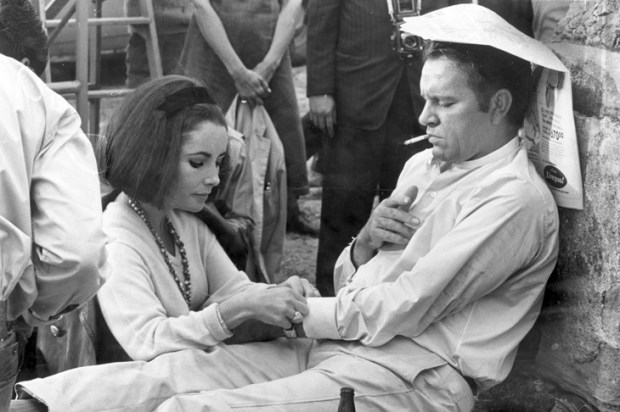






Comments
Don't miss out
Join the conversation with other Spectator Australia readers. Subscribe to leave a comment.
SUBSCRIBEAlready a subscriber? Log in